NetApp wants to talk about cold data and its impact on sustainability
Enterprises are sitting on a mountain of cold data, and it's having a major impact on efficiency, finances, and sustainability goals
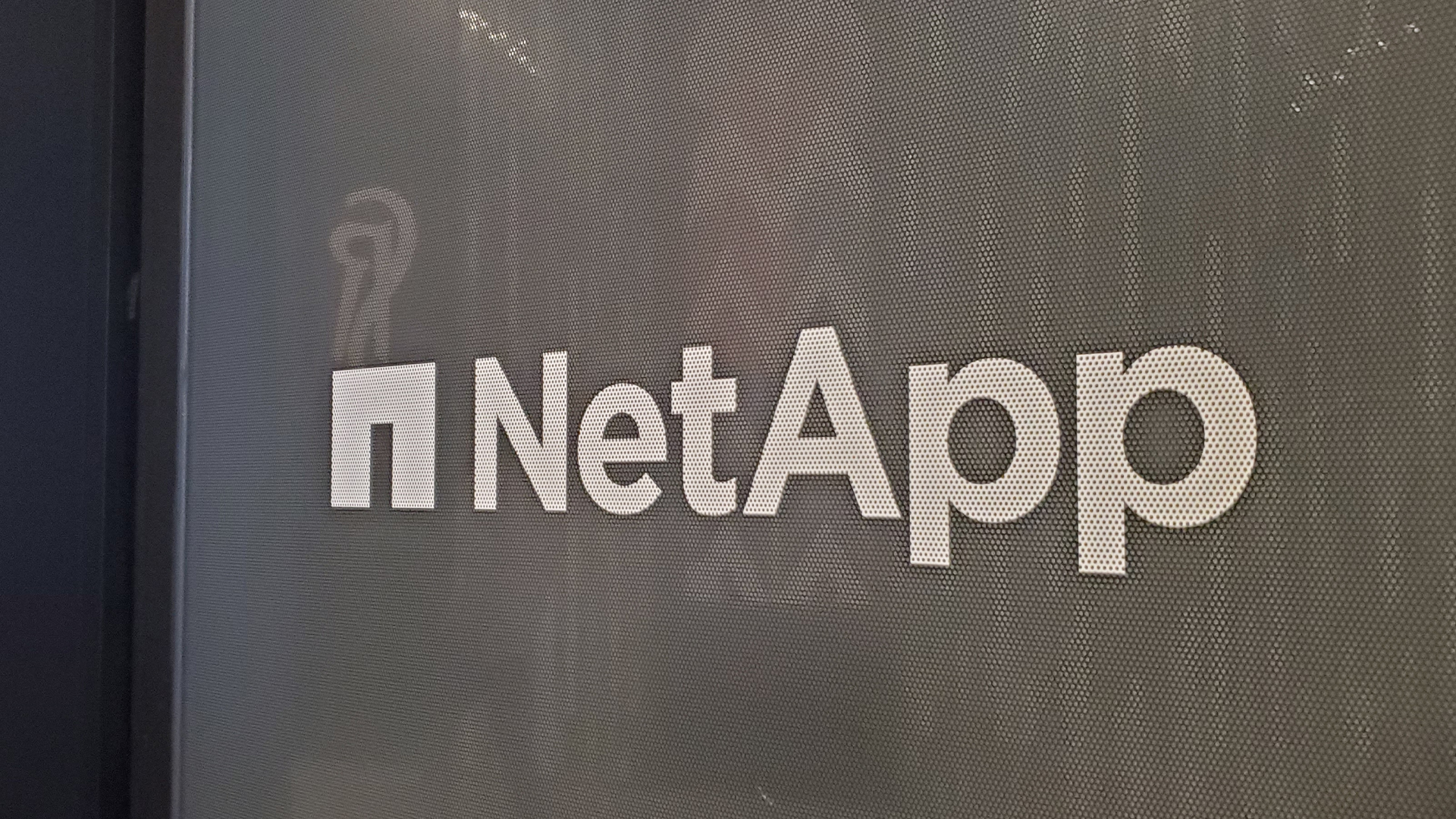

Maximizing the use of data has never been more important for IT leaders in the age of generative AI. It’s the lifeblood of the modern enterprise which fuels innovation, yet a significant number of firms globally are still failing to fully capitalize on this.
Worse still, they’re putting it to waste, and it’s taking a serious toll on both bottom lines and the environment.
Research from NetApp in 2023 found that nearly half (41%) of data currently stored by UK organizations is either unwanted or unused - also known as ‘cold data’ - and these figures have since increased.
“The repercussion of this unnecessary data is that businesses are spending budget and emissions on storage and energy consumption when they don’t need to,” the study warned.
All told, this places significant financial strain on enterprises already contending with tightening purse strings. The average firm spends around £300,000 ($379,000) each year on data storage, meaning this unused data equates to £120,000 ($151,000) of investment.
That’s £10,000 ($12,000) per month.
Given the costs involved, Sandeep Singh, SVP of enterprise storage at NetApp, says the issue of data waste cannot be ignored by IT leaders.
Sign up today and you will receive a free copy of our Future Focus 2025 report - the leading guidance on AI, cybersecurity and other IT challenges as per 700+ senior executives
Speaking to ITPro at the firm’s Insight Xtra event in London, Singh says the company has been keen to emphasize this in recent years. To this end, it’s introduced a slew of tools and features across its product portfolio to help customers cut down and better manage cold data.
For example, the firm’s FabricPool feature, included in ONTAP, helps users move data between local and cloud-based resources based on usage. Leveraging this, enterprises can free up local storage for ‘hot data’ while ensuring cold data is kept on the sidelines in optimized storage locations.
“Our customers are taking advantage of a capability that we call ‘FabricPool’ that enables automated and granular tiering,” he explains.
“Of your data that's cold data, what customers are able to do is seamlessly have their high-performance flash storage systems alongside the large capacity, lower power-oriented systems and ultimately cloud storage offerings.”
This allows enterprises to automatically tier their data, Singh adds, which offers marked benefits both in terms of efficiency and sustainability.
“Through that lens, they're getting the benefit of lowering the cost of data over its life cycle, and they're getting the benefit of more sustainable, power-efficient locations as well.”
Sustainability has become an equally critical focus for enterprises in recent years alongside the need for high-performance infrastructure, Singh notes. And this has been exacerbated by the advent of generative AI.
Environmental issues surrounding data storage have long been a key talking point in the global tech industry. But the monumental impact placed on infrastructure and its associated environmental toll has raised serious concerns among industry stakeholders.
The technology is power-hungry, placing significant strain on data center infrastructure. In the US, for example, research from the Electric Power Research Institute (EPRI) predicts data center power consumption is expected to more than double by 2030 as a result of generative AI demands.
Meanwhile, warnings from European data center operators have also been rising amid worries that power grids simply aren’t up to the task of matching energy demands.
With this in mind, enterprises simply cannot afford to waste resources on cold data. NetApp’s own research shows data waste creates a double-whammy impact for enterprises both from a financial and sustainability perspective.
“Businesses aren’t only risking paying financially but could also sacrifice the quality of our environment by increasing detrimental carbon emissions,” the report stated.
NetApp is keen to champion sustainability
NetApp has been highly vocal about sustainability and has made significant strides toward improving energy efficiency.
The company has introduced ambitious emissions reduction goals, and accelerated the use of renewable energy by 144% compared to its 2020 baseline, for example.
“We have also committed to science-based reduction targets on an effective per-petabyte of storage capacity,” he adds.
Singh says the company views its sustainability objectives as a two-pronged approach, focusing on improving its products for end-users while ensuring its own operations are equally streamlined to reduce its environmental impact.
RELATED WEBINAR
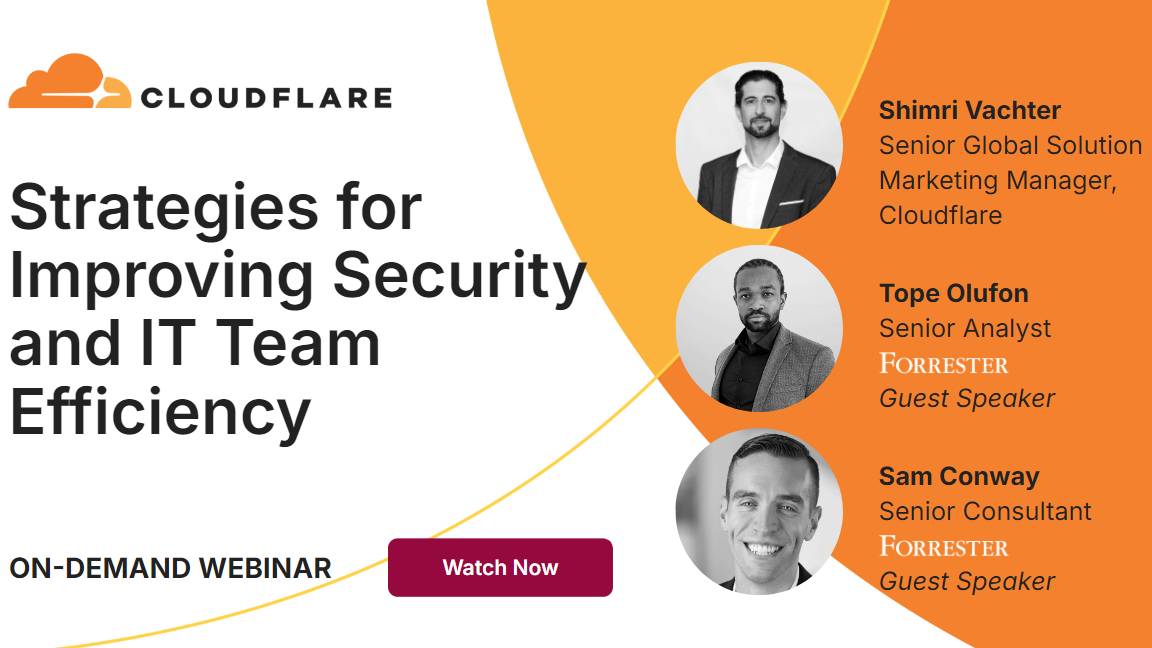
This sustainability drive aims to address even simple aspects of its operations, such as the introduction of product packaging built using recycled and renewable materials.
Elsewhere, its products are designed with data efficiency in mind, with Singh noting that it aims to “drive efficiencies and lower costs for customers through the lens of reducing datasets to help lower the overall need to store, and power that end-to-end dataset”.
“We have enabled in our BlueXP console the ability to classify the data that’s available for free for customers at any point, as well as having the sustainability dashboard to see in real-time the actual usage of power through their NetApp infrastructure, along with insights on how to go and further optimize usage there as well.”
All told, this means enterprises have a comprehensive suite of tools all aimed at improving efficiency across the data lifecycle. This, Singh says, enables them to greatly simplify management challenges.
“We're giving them not only the underlying tool sets but also real-time data to actually be able to make more and more informative decisions around that.”

Ross Kelly is ITPro's News & Analysis Editor, responsible for leading the brand's news output and in-depth reporting on the latest stories from across the business technology landscape. Ross was previously a Staff Writer, during which time he developed a keen interest in cyber security, business leadership, and emerging technologies.
He graduated from Edinburgh Napier University in 2016 with a BA (Hons) in Journalism, and joined ITPro in 2022 after four years working in technology conference research.
For news pitches, you can contact Ross at ross.kelly@futurenet.com, or on Twitter and LinkedIn.
-
 Trump's AI executive order could leave US in a 'regulatory vacuum'
Trump's AI executive order could leave US in a 'regulatory vacuum'News Citing a "patchwork of 50 different regulatory regimes" and "ideological bias", President Trump wants rules to be set at a federal level
-
 TPUs: Google's home advantage
TPUs: Google's home advantageITPro Podcast How does TPU v7 stack up against Nvidia's latest chips – and can Google scale AI using only its own supply?
-
 ‘We’re bringing in time efficiencies that weren’t there before’: How NetApp is transforming data analysis for the UK’s ‘Poseidon’ surveillance aircraft
‘We’re bringing in time efficiencies that weren’t there before’: How NetApp is transforming data analysis for the UK’s ‘Poseidon’ surveillance aircraftCase study Using NetApp kit, the P-8 Poseidon is a formidable military intelligence platform
-
 NetApp is on a mission to drive hybrid cloud adoption – but first, the data silos have got to go
NetApp is on a mission to drive hybrid cloud adoption – but first, the data silos have got to goAnalysis NetApp customers took to the stage to talk about their AI journey, how hybrid works for them, and why siloed data architectures are still a major stumbling block
-
 NetApp CEO: The tech industry “needs to do a better job” on AI sustainability
NetApp CEO: The tech industry “needs to do a better job” on AI sustainabilityAnalysis Rapid AI adoption has prompted concerns over firms abandoning sustainability responsibilities in favor of driving new value – and it’s about time that changes
-
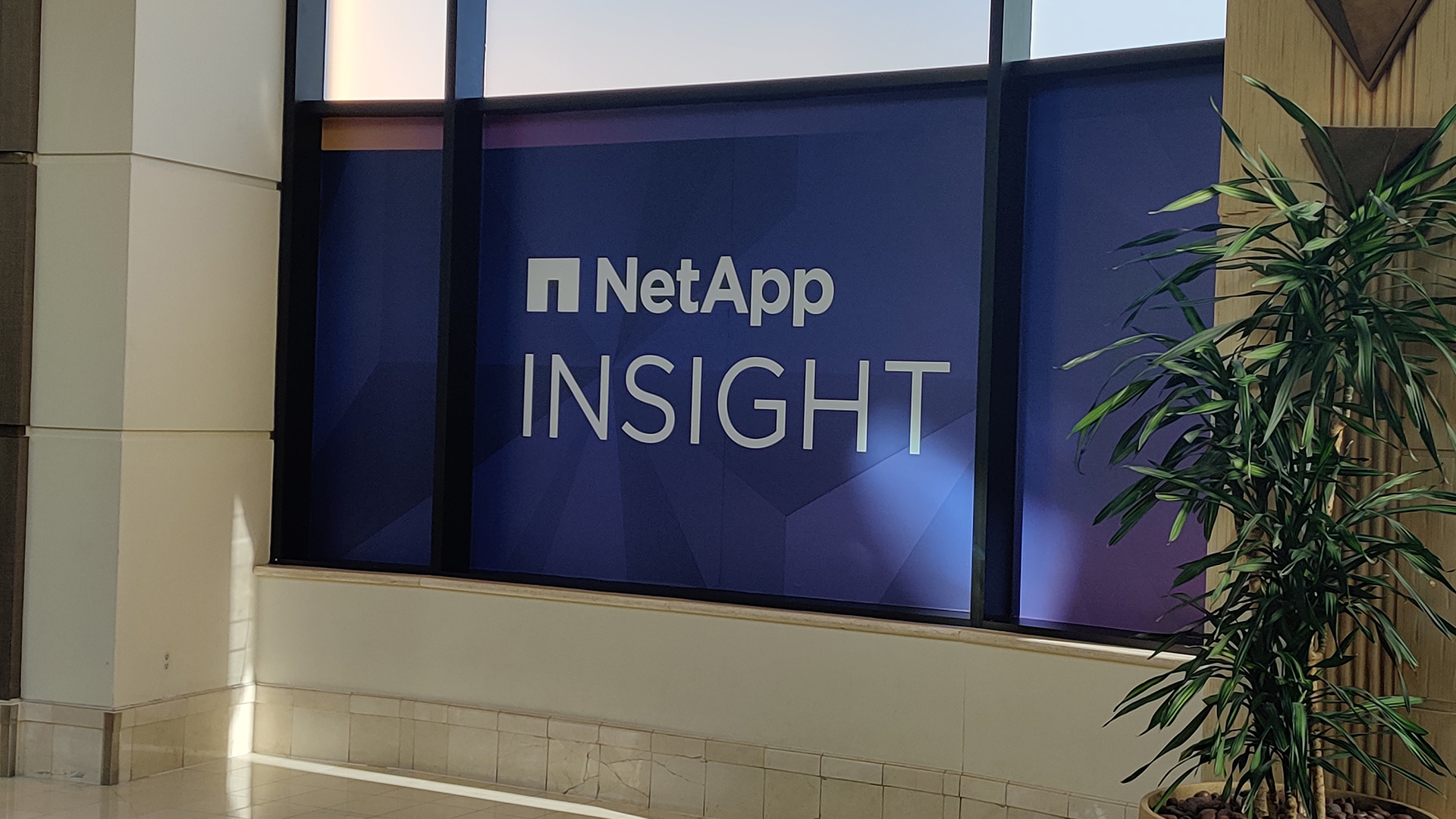 NetApp Insight 2024 live: All the news and announcements from day-three
NetApp Insight 2024 live: All the news and announcements from day-threeLive Blog It’s day-three at NetApp Insight 2024 – stay up to date with our live coverage all the announcements and news from Las Vegas
-
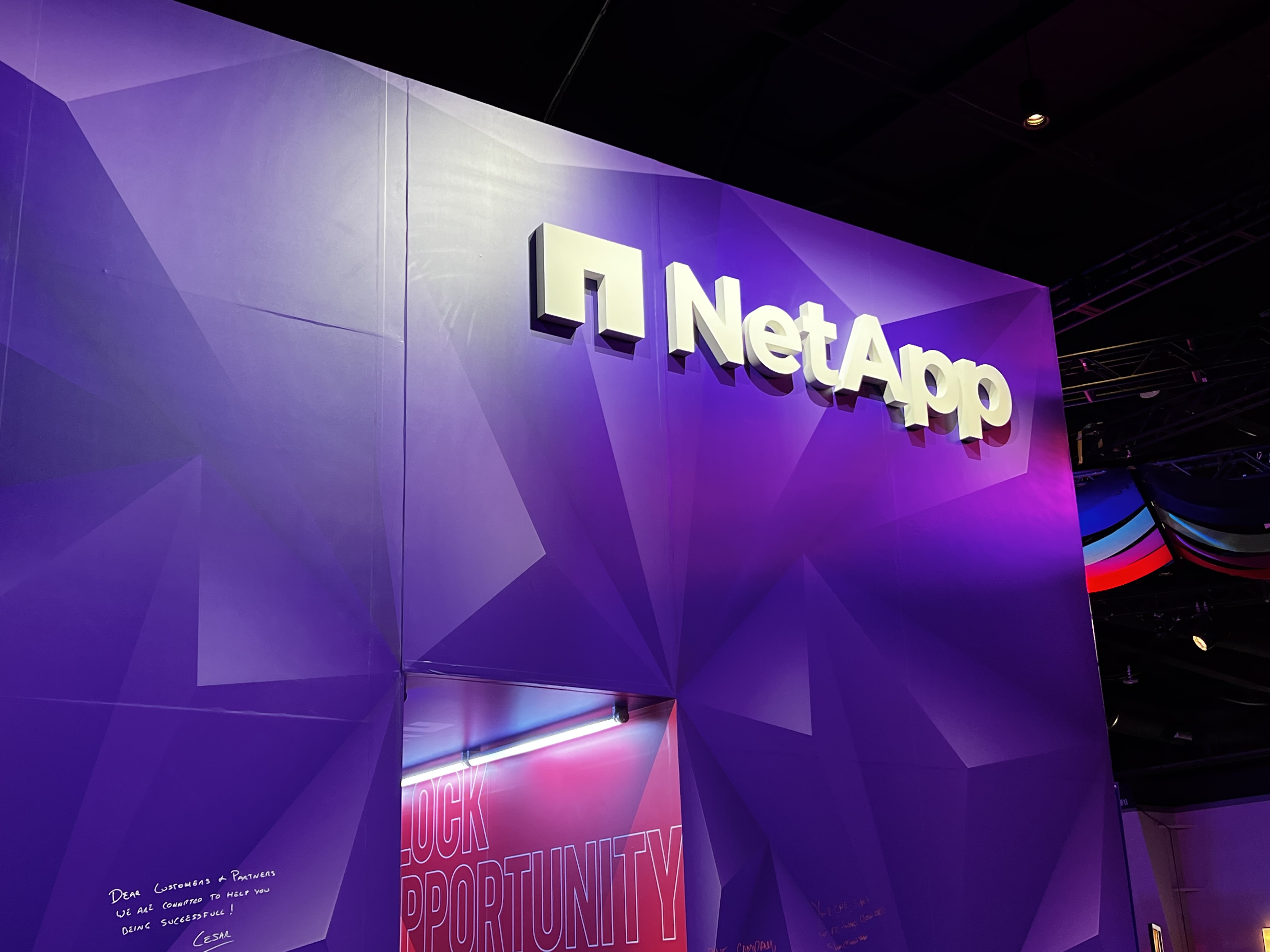 Why NetApp’s ties with public cloud ‘big three’ gives it an AI advantage
Why NetApp’s ties with public cloud ‘big three’ gives it an AI advantageAnalysis The firm’s strong relationships with hyperscalers position it as the go-to storage provider
-
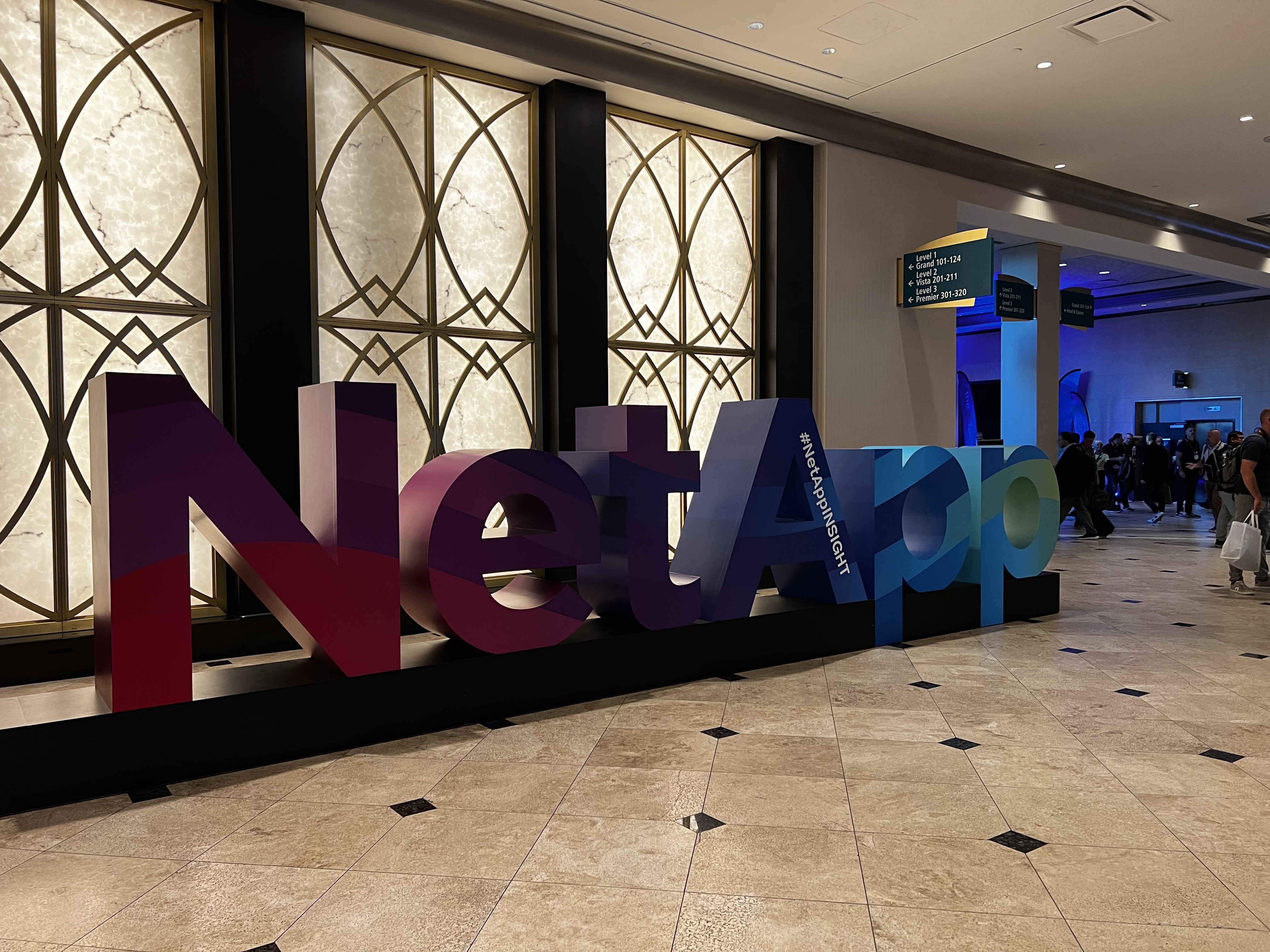 NetApp Insight 2023: All the news and announcements
NetApp Insight 2023: All the news and announcementsLive Blog Stay up to date with all the announcements and news from NetApp Insight 2023
-
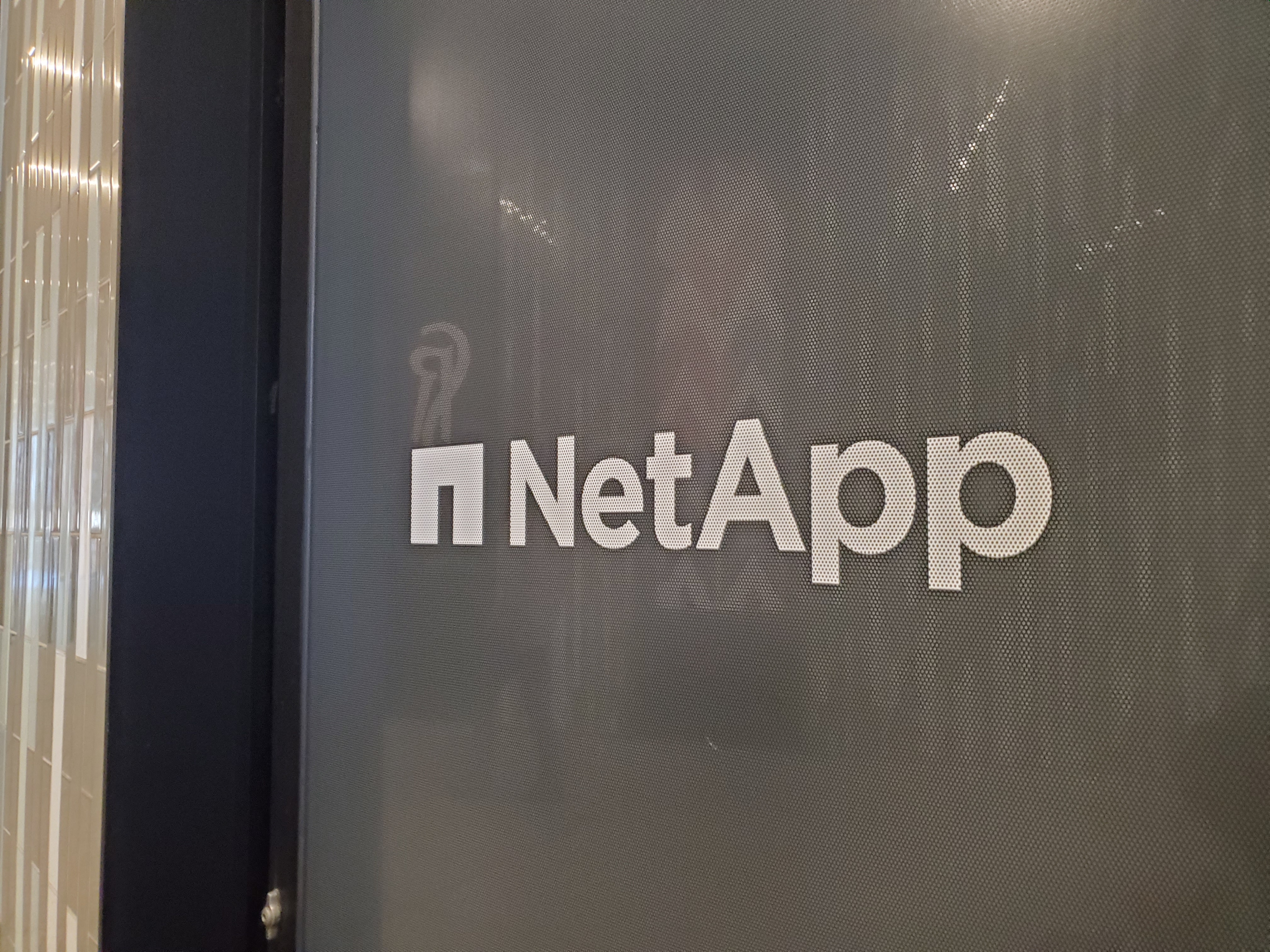 NetApp unveils its new Partner Sphere Program
NetApp unveils its new Partner Sphere ProgramNews The new unified engagement model aims to deliver accelerated growth for partners and address the demands of flash and cloud customers